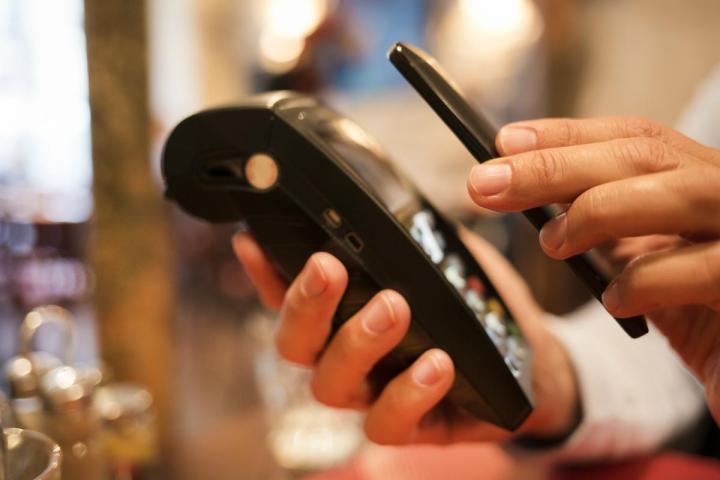
The expansion comes as a result of a deal between Alipay and First Data, and there are around 4 million merchants that will accept Alipay at launch, according to a report from Bloomberg.
“This will open up Alipay to where it’s truly ubiquitous across the United States and hopefully more countries later,” said Souheil Badran, president of Alipay North America, in an interview with Bloomberg. “We decided rather than trying to do it on our own, this is an ecosystem that we’re looking for a partner that can provide scale.”
While Alipay is expanding beyond China, the service may not actually gain all that many new users. It’s actually largely targeted at Chinese customers who travel to the U.S., so they don’t have to sign up for a new payment service while they’re traveling. It also eliminates the need to get cash and convert it to local currency, or face having to pay high international credit card fees. Alipay has expended to other countries too. In fact, according to the report the service is accepted by as many as 100,000 retailers in 70 international markets.
In China, Alipay and WeChat Pay dominate the mobile payments market, and combined they hold a hefty 90 percent share. Leveraging the millions of Chinese customers who travel abroad could help the company better take on WeChat.
While Apple Pay and Android Pay were both launched in the past few years, Alipay actually dates back to 2004. At the time, it was launched as a payment platform for Alibaba’s ecommerce websites.



